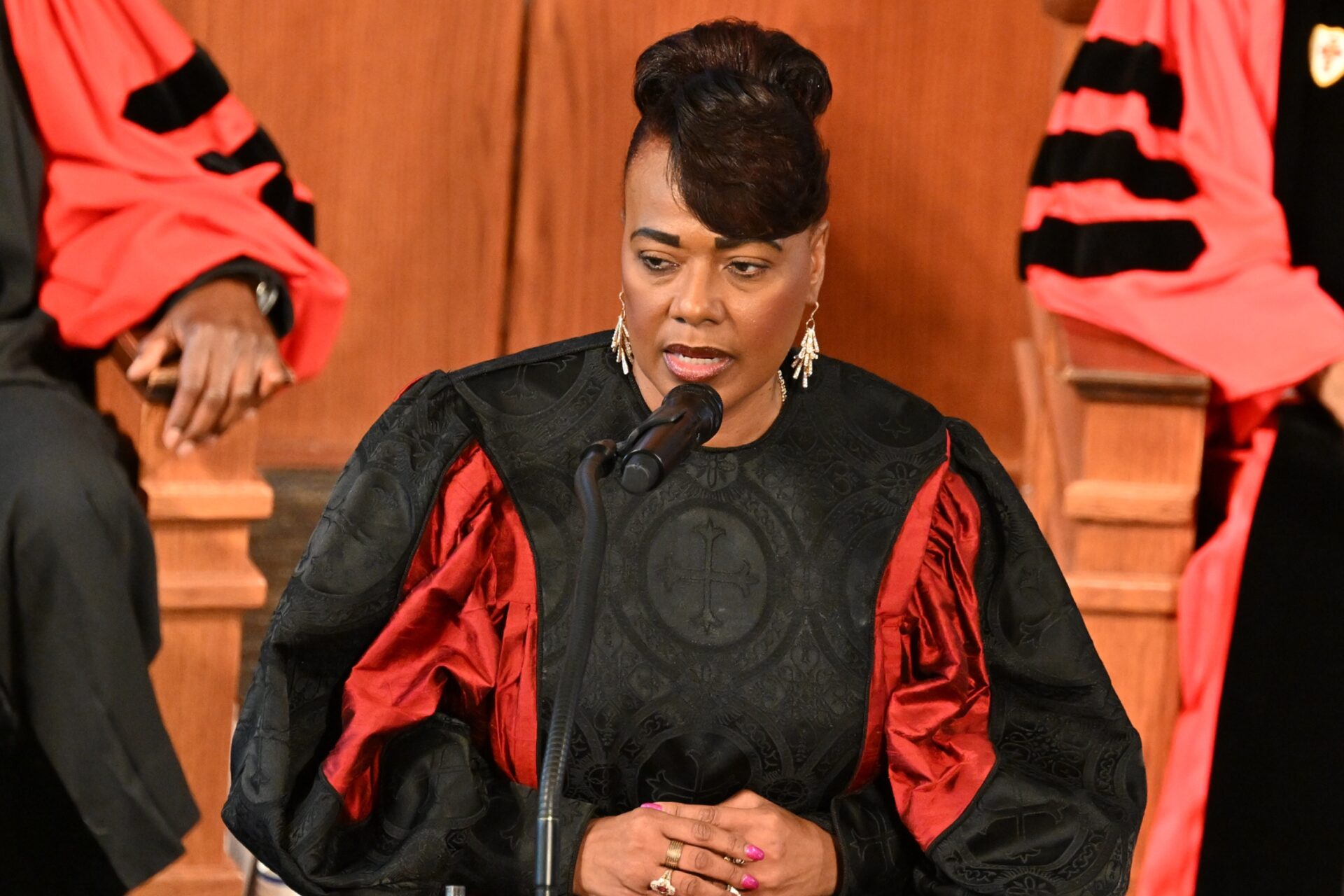
October 10, 2025
Martin Luther King Jr.’s Daughter Requests Stop To AI Videos Featuring Her Late Father
Bernice King is asking fans to "please stop" sending her AI videos of her late father.
Bernice King, daughter of Martin Luther King Jr., is joining Robin Williams’ daughter in calling for a stop to AI videos of their deceased loved ones.
On Oct. 7, Bernice King responded to a tweet about Zelda Williams asking fans to “please stop sending AI videos” of her late father.
“If you’ve got any decency, just stop doing this to him and to me, to everyone, even, full stop. It’s dumb, it’s a waste of time and energy, and believe me, it’s NOT what he’d want,” Zelda wrote in an Instagram Story post captured by Variety.
Seeing the story, Bernice shared it with her own message, saying, “I concur concerning my father,” and asked fans to “please stop” sending AI videos of the late civil rights icon.
Fans rallied behind Bernice, expressing solidarity with those affected by the surge of AI-generated content of deceased celebrities and public figures, calling it a concerning downside of AI’s rise.
“People don’t think about the family of these AI-generated things. Blessings to you,” one X user wrote.
“AI has its benefits, but it too often is the human ego trying to play God,” added someone else. “Much like any other benefit, in the wrong hands it can be perverted and disfigured.”
The rise of AI-generated content platforms has led to a surge of videos and images featuring deceased celebrities. While some marvel at the hyperrealism, many see it as disrespectful, using the likeness of the deceased without consent in content that can easily be mistaken for real. The growing concern is what Zelda Williams highlighted when she asked fans to stop sending AI videos of her late father, comedian Robin Williams, who passed away in 2014.
“To watch the legacies of real people be condensed down to ‘this vaguely looks and sounds like them so that’s enough’, just so other people can churn out horrible TikTok slop puppeteering them is maddening,” Zelda wrote. “You’re not making art, you’re making disgusting, over-processed hotdogs out of the lives of human beings, out of the history of art and music, and then shoving them down someone else’s throat hoping they’ll give you a little thumbs up and like it. Gross.”
RELATED CONTENT: Bernice King Explains Why She’s Glad Trump Inauguration Happening On MLK Day